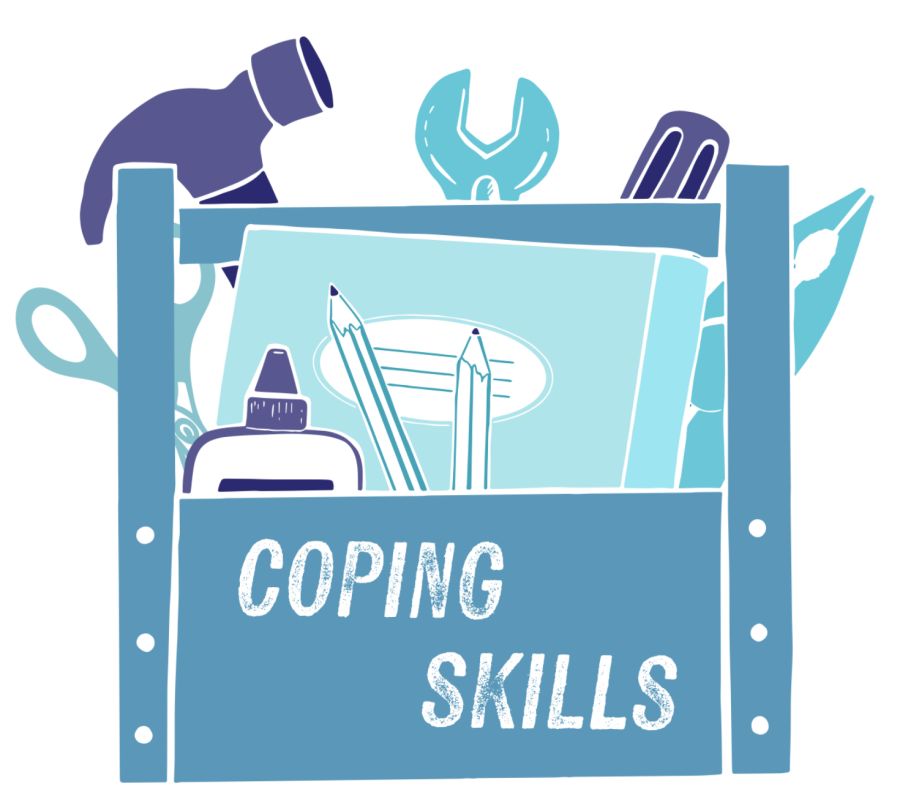Choose Reading "Camps" Carefully
As soon as Spring Break is over, parents start calling for summer reading camps or programs. It's important to choose carefully. What will be the most effective training in a short amount of time for a struggling or a reluctant reader? If the child hasn't caught on already to the best teaching practices of well-meaning teachers, does this young one need more of the SAME? How to improve this picture?
Some struggling readers have undiagnosed auditory processing problems. That is, the hearing may be perfect but the brain isn't getting a good message from the neural pathways of the inner ear. This problem must be addressed well in order for reading skills and social confidence to develop. Yes, auditory processing has everything to do with learning to read well and with developing self-confidence!
Other struggling readers have a right-brain approach to a left-brain activity. That is, they look at each separate word as an object to be memorized, as we would look at a lizard or a sandwich. We don't scan those from left to right - one glance and we recognize the object. But with words and sentences, getting the information necessitates automatically scanning rapidly from left to right and knowing the sound codes of our language. It's about the SOUNDS. We can't just tell a child how to do this; it must be explicitly taught and habits trained.
When I teach reading, the mother or dad is always at the table with us. I teach the parents how to reinforce the new knowledge and practices at home, so the time and effort spent with Miss Ann at Austin Learning solutions is very effective.
If you even think your child is beginning to struggle, get the jump on that before a negative attitude toward reading sets in. Two of my current students (1st and 2nd graders) couldn't read "Fat cat sat," last semester, and neither could sit still to pay attention for a lesson. Both children can sit and focus for their lessons now and have made fast reading progress. They are enjoying reading, and their families are very happy with the results. (More about the sitting and focusing successes in the next blog!)
Related Articles That Might
Interest You

Neurodivergent Special Interest

Coping Skill( CBT techniques and DBT techniques)
